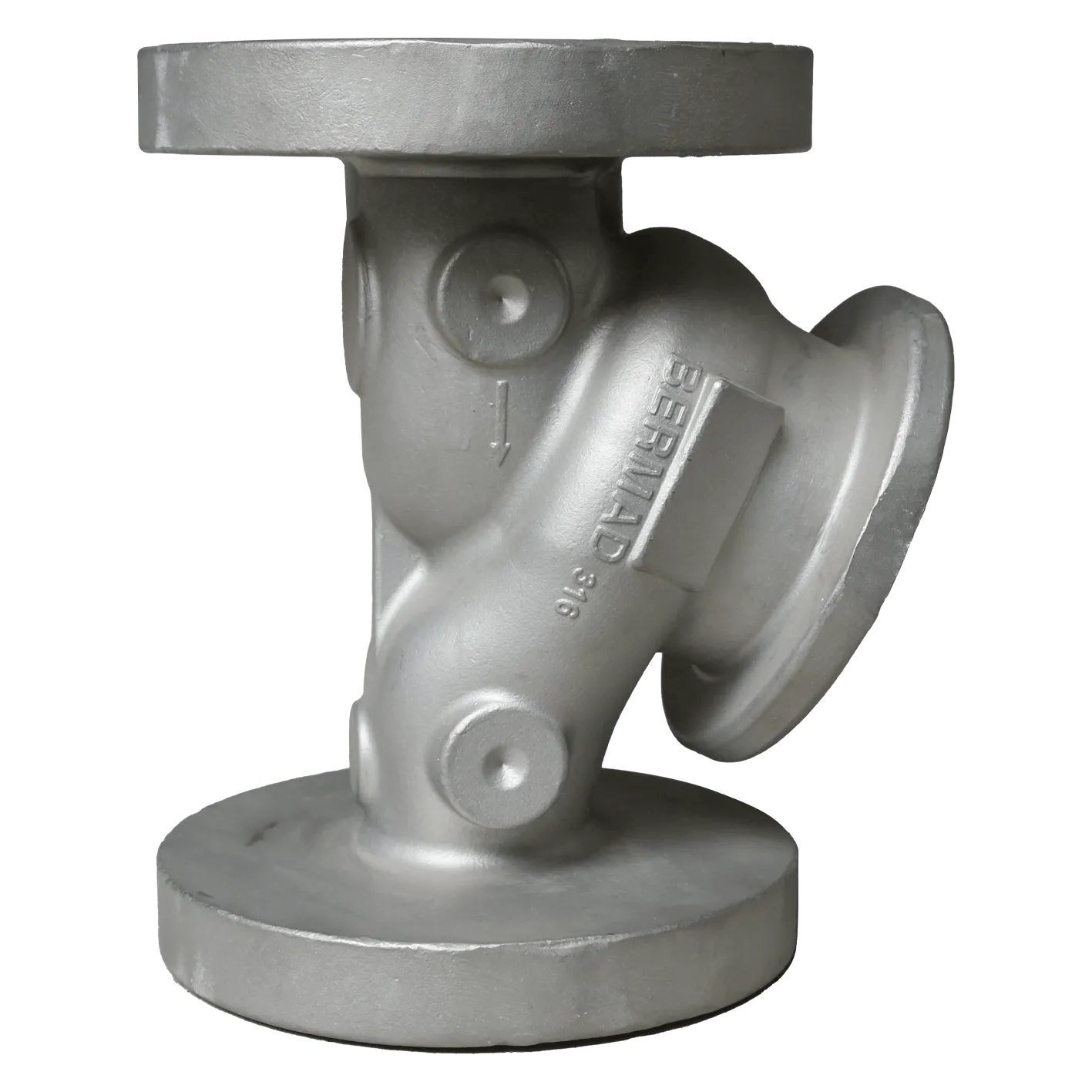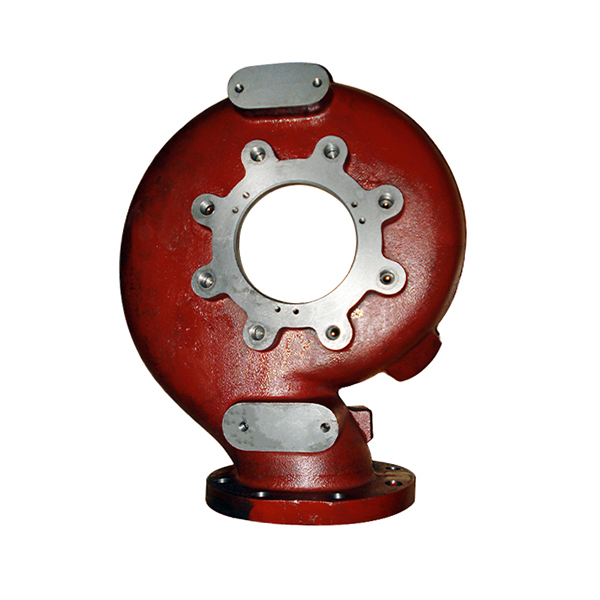Mobile:+86-311-808-126-83
Email:info@ydcastings.com
Gen . 11, 2025 10:40
Back to list
aluminium metal casting
The aluminium impeller stands at the forefront of modern engineering, representing a critical component in various industrial and commercial applications, from automotive to aerospace. Engineered for excellence, aluminium impellers combine lightweight properties with outstanding strength, corrosion resistance, and thermal conductivity. These characteristics make them a preferred choice across industries aiming for efficiency and reliability.
Moreover, the authoritative use of aluminium impellers in turbomachinery showcases their critical role in enhancing pressure and flow in systems like compressors and pumps. Their capability to withstand high-temperature environments without losing efficacy is a testament to their robustness. This exceptional performance is backed by rigorous industry standards and certifications, further establishing trustworthiness in their application. In an era where technology and connectivity define operational success, the integration of smart systems within aluminium impellers marks a new frontier. Sensors embedded within these impellers can provide real-time data on performance metrics such as temperature fluctuations, pressure levels, and rotational speed. This data-driven approach not only optimizes performance but also preemptively addresses maintenance needs, preventing costly downtimes. For industries prioritizing efficiency and sustainability, the recycling aspect of aluminium impellers cannot be overstated. Aluminium is infinitely recyclable, maintaining its properties without degradation. This aspect not only contributes to environmental conservation but also reduces raw material costs, offering economic benefits to businesses aiming for sustainable practices. In summary, the aluminium impeller is more than just a mechanical component; it encapsulates the ideals of modern engineering—efficiency, precision, and sustainability. Through continuous innovation and adherence to the highest standards, aluminium impellers are set to revolutionize industry practices, offering unparalleled reliability and performance. Businesses investing in aluminium impellers are not merely enhancing their operational capacities but are also committing to a future of sustainable and advanced engineering solutions.


Moreover, the authoritative use of aluminium impellers in turbomachinery showcases their critical role in enhancing pressure and flow in systems like compressors and pumps. Their capability to withstand high-temperature environments without losing efficacy is a testament to their robustness. This exceptional performance is backed by rigorous industry standards and certifications, further establishing trustworthiness in their application. In an era where technology and connectivity define operational success, the integration of smart systems within aluminium impellers marks a new frontier. Sensors embedded within these impellers can provide real-time data on performance metrics such as temperature fluctuations, pressure levels, and rotational speed. This data-driven approach not only optimizes performance but also preemptively addresses maintenance needs, preventing costly downtimes. For industries prioritizing efficiency and sustainability, the recycling aspect of aluminium impellers cannot be overstated. Aluminium is infinitely recyclable, maintaining its properties without degradation. This aspect not only contributes to environmental conservation but also reduces raw material costs, offering economic benefits to businesses aiming for sustainable practices. In summary, the aluminium impeller is more than just a mechanical component; it encapsulates the ideals of modern engineering—efficiency, precision, and sustainability. Through continuous innovation and adherence to the highest standards, aluminium impellers are set to revolutionize industry practices, offering unparalleled reliability and performance. Businesses investing in aluminium impellers are not merely enhancing their operational capacities but are also committing to a future of sustainable and advanced engineering solutions.
Next:
Latest news
-
Impeller Technology That Powers Precision in Pump SystemsNewsMay.22,2025
-
Valve Durability Begins with Quality Cast Iron ComponentsNewsMay.22,2025
-
Performance Cooling with Advanced Automobile Water Pump SolutionsNewsMay.22,2025
-
How Motor Housing and Oil Pans Shape Engine PerformanceNewsMay.22,2025
-
How Metal Castings Drive Modern Manufacturing EfficiencyNewsMay.22,2025
-
Exploring the Engineering Behind Valve Body CastingsNewsMay.22,2025
Related PRODUCTS











